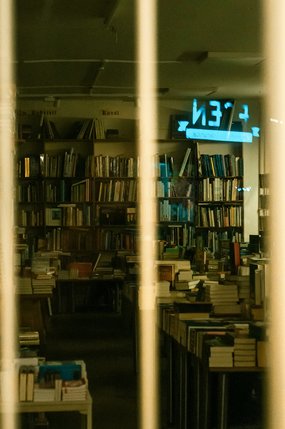
This report reviews the current state of literacy education in English prisons and Young Offender Institutions, uses the data collected from our criminal justice programmes to explore the benefits of creative approaches outside of formal education, and suggests recommendations for policy moving forwards.
Key findings
- People are entering prison with very poor levels of literacy
- Creative programmes can be an effective tool to engage learners who have had previous negative experiences with education
- As well as improving confidence in literacy skills, creative literacy programmes can also have positive benefits for participants' wellbeing
- Programmes focussed on reading and writing with children can also strengthen family ties
Policy recommendations
- Commitment to - and expansion of - creative literacy programmes across the estate
- Introduction of Learning Passports so that educational progress is not lost, enabling individuals to reach higher levels of learning
- Equal pay for education and work activities
- Reform screening practices for literacy and SEND
- Modernise digital infrastructure for literacy and media education